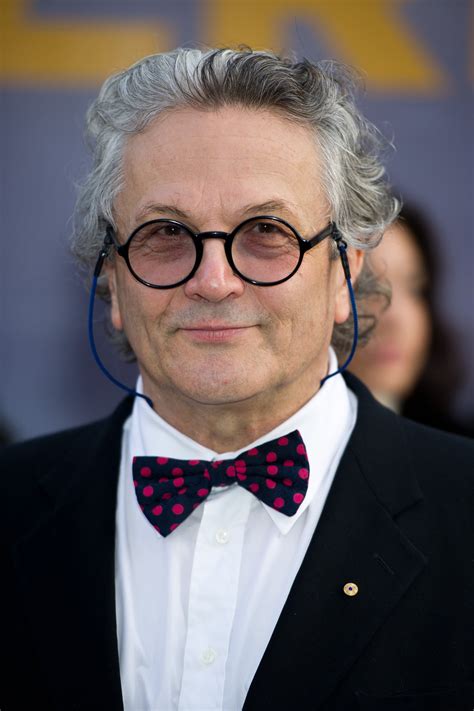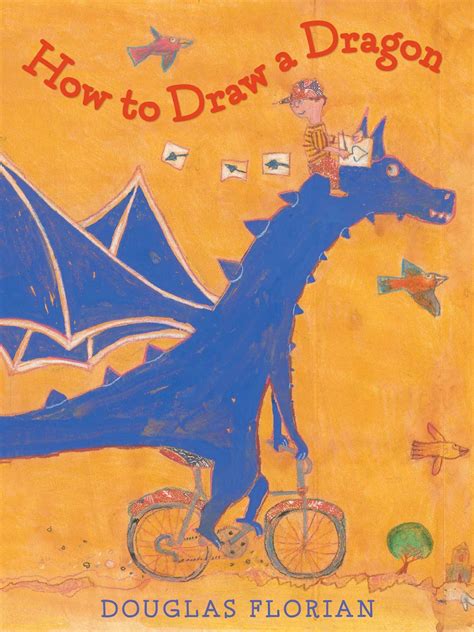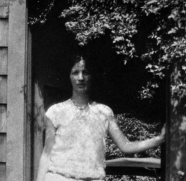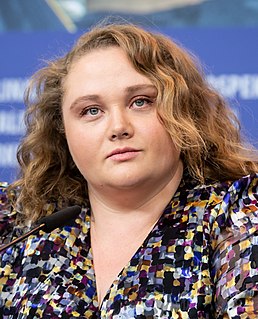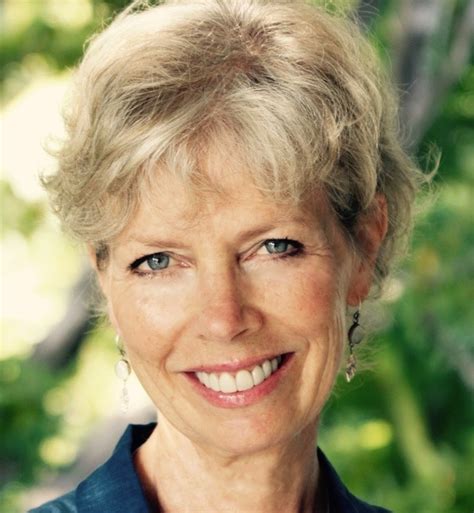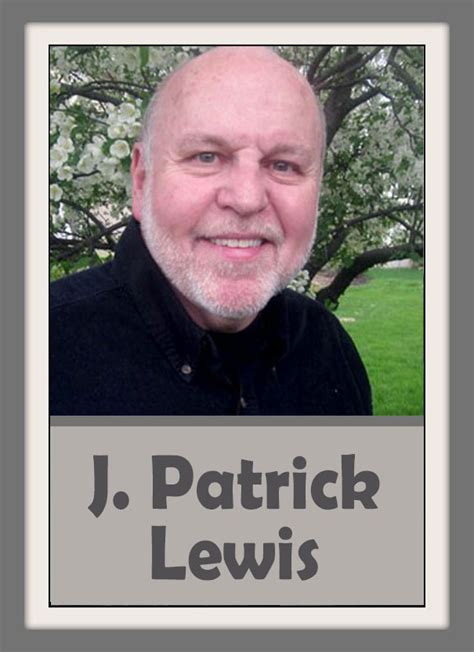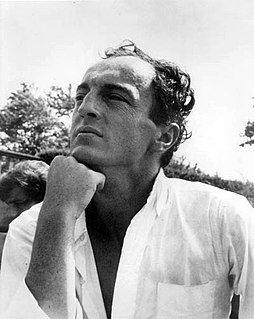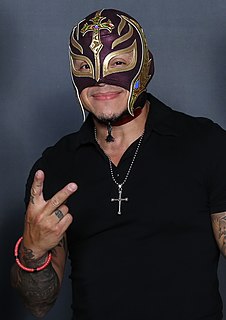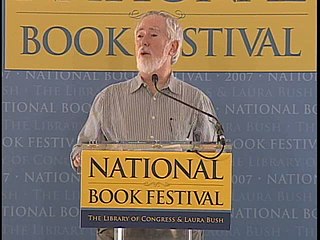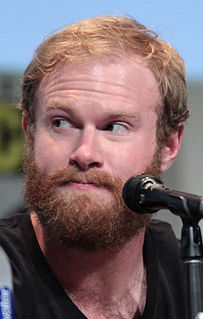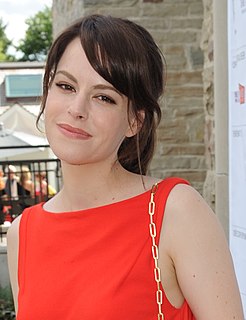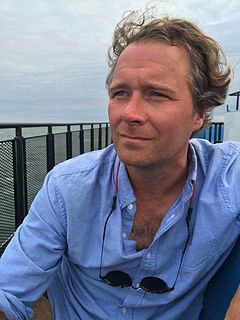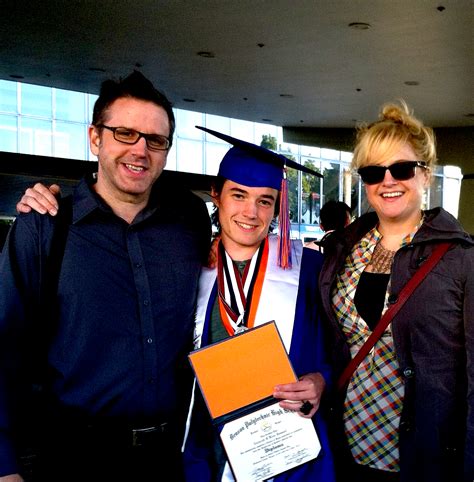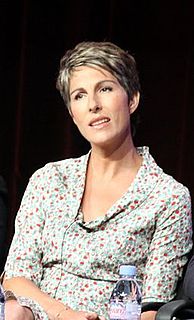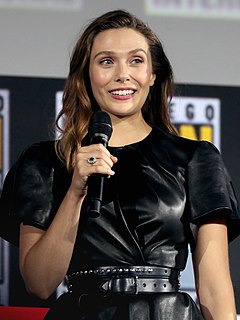Top 1200 Poetry Reading Quotes & Sayings - Page 12
Explore popular Poetry Reading quotes.
Last updated on November 15, 2024.
All lives are composed of two basic elements," the squirrel said, "purpose and poetry. By being ourselves, squirrel and raven, we fulfill the first requirement, you in flight and I in my tree. But there is poetry in the meanest of lives, and if we leave it unsought we leave ourselves unrealized. A life without food, without shelter, without love, a life lived in the rain—this is nothing beside a life without poetry.
The art of not reading is a very important one. It consists in not taking an interest in whatever may be engaging the attention of the general public at any particular time. When some political or ecclesiastical pamphlet, or novel, or poem is making a great commotion, you should remember that he who writes for fools always finds a large public. A precondition for reading good books is not reading bad ones: for life is short.
I studied art at Queens College, taking very few courses in literature. But I've always loved reading poetry and grew up enjoying the so-called beat poets, Allan Ginsburg, Jack Kerouac, and Gregory Corso among them. The poems of Ogden Nash also inspired me, having first seen his work while browsing in a library when I was in the sixth grade.
Abstract reason, formerly the servant of practical human reasons, has everywhere become its master, and denies poetry any excuse for existence.
Though philosophers like to define poetry as irrational fancy, for us it is practical, humorous, reasonable way of being ourselves. Of never acquiescing in a fraud; of never accepting the secondary-rate in poetry, painting, music, love, friends. Of safeguarding our poetic institutions against the encroachments of mechanized, insensate, inhumane, abstract rationality.
The same plasticity that allows us to form a reading circuit to begin with, and short-circuit the development of deep reading if we allow it, also allows us to learn how to duplicate deep reading in a new environment. We cannot go backwards. As children move more toward an immersion in digital media, we have to figure out ways to read deeply there.
Be not so set upon poetry, as to be always poring on the passionate and measured pages. Let not what should be sauce, rather than food for you, engross all your application. Beware of a boundless and sickly appetite for the reading of poems which the nation now swarms withal; and let not the Circaen cup intoxicate you. But especially preserve the chastity of your soul from the dangers you may incur, by a conversation with muses no better than harlots.
Loneliness is necessary for pure poetry. When someone intrudes into the poet's life (and any sudden personal contact, whether in the bed or in the heart, is an intrusion) the poet loses his or her balance for a moment, slips into being what he or she is, uses his or her poetry as one would use money or sympathy. The person who writes the poetry emerges, tentatively, like a hermit crab from a conch shell. The poet, for that instant, ceases to be a dead person.
I feel most myself when I'm reading, but by that I don't mean that I'm most comfortable when I'm reading. I feel most fully a person who's torn between attention and inattention, between loving and hating, between hyper-responsiveness and total dullness. Reading is not a comfortable experience for me.

